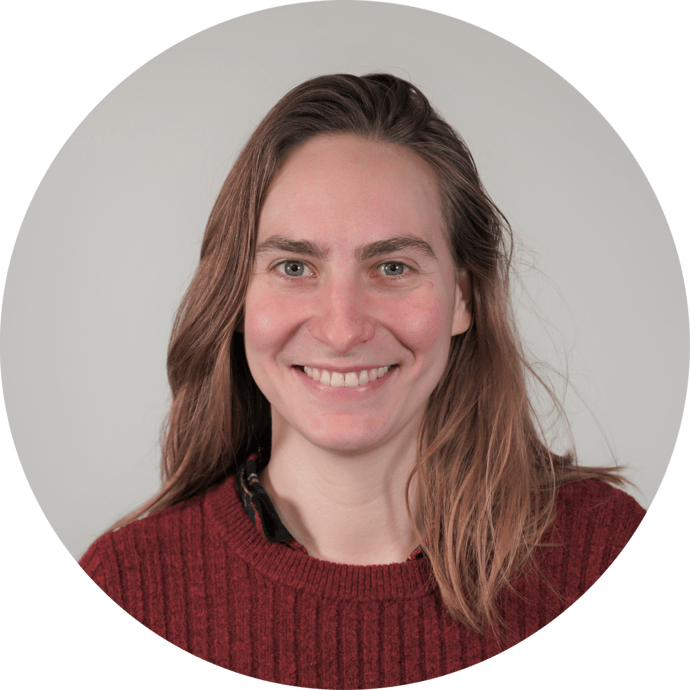PhD candidate
Research group | Condensed Matter Physics (Njord & Hybrid Technology Hub)
Main supervisor | Dag Kristian Dysthe
Co-supervisor | Hanne Scholz
Affiliation | Department of Physics, UiO
Contact | franziska.schoeb@fys.uio.no
Short bio
2022 - Present: Doctoral Research Fellow, Department of Physics & Hybrid Technology Hub, University of Oslo
2020 - 2022: Global Development Graduate at Novo Nordisk
2019 - 2020: Computational Biomedicine, University of Southern Denmark
2016 - 2019: MSc in Disease Biology, University of Konstanz
Research interests and hobbies
I am interested in data-driven biomedical research which utilizes computational methodologies to achieve progress in real-world applications. I am fascinated by stem cells and their potential in regenerative human medicine and animal-free research.
I further believe that interdisciplinary approaches are the future of biomedical research in order to get deeper understanding of the underlying biology and develop novel disease treatments.
In my free time, I enjoy reading, cooking and rowing as well as the outdoors.
CompSci project

Deep learning-based analysis of stem cell differentiation pathways
Induced pluripotent stem cells (iPSC) can potentially differentiate into any cell type in the body. This gives rise to great opportunities in the field of regenerative medicine using iPSC-derived cell replacements in patients with life-threatening diseases such as diabetes mellitus. However, the dynamic process of cell differentiation in which epigenetic, transcriptional, and metabolic changes lead to new cell identities is not fully understood. Likewise, the available tools to investigate these changes are based on time consuming and expensive assays measuring gene and protein expression that calls for innovative improvement. Image-based phenotypic screening relies on the extraction of multivariate information from cells cultured under a large variety of conditions. Technical advances in high-throughput microscopy enable screening in increasingly complex and biologically relevant model systems. To this end, this project will build on recent observations that spatial relationships in the differentiating cell colonies are important for the final fate of the iPSC.
In this project, deep learning approaches will be used to analyze the spatial relationships in the images together with gene and protein expression data. Interpretation of traits of the trained network will be used to optimize and improve differentiation efficiency and functionality to achieve self-organizing systems that work towards in vitro iPSC-derived beta-cell maturation.
Publications
CompSci publications
None yet.
Previous publications
None.

